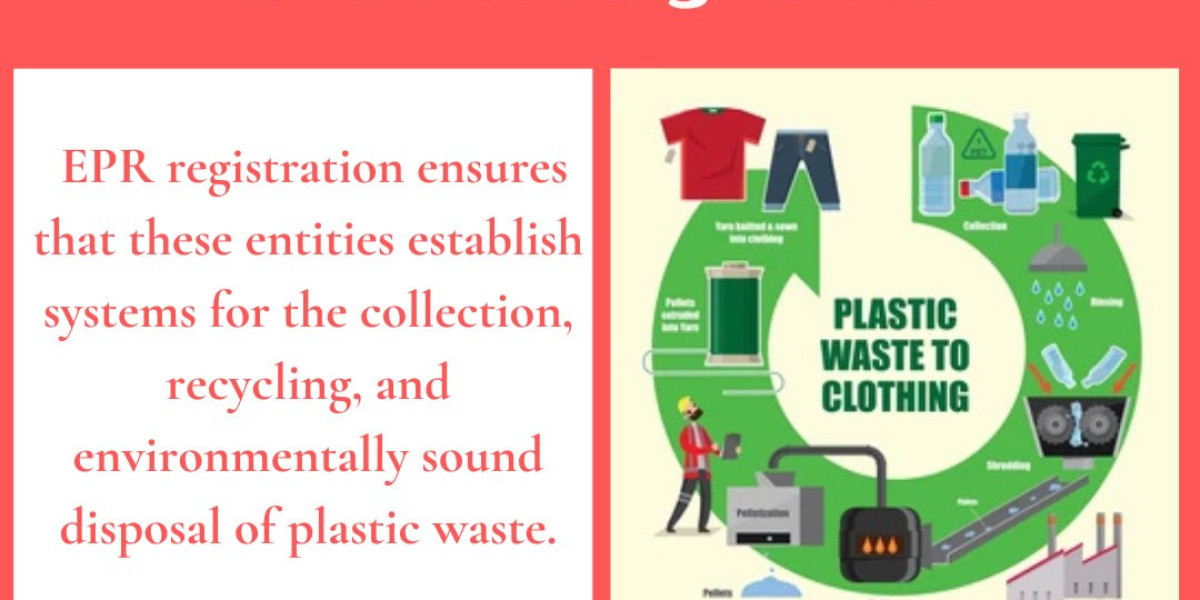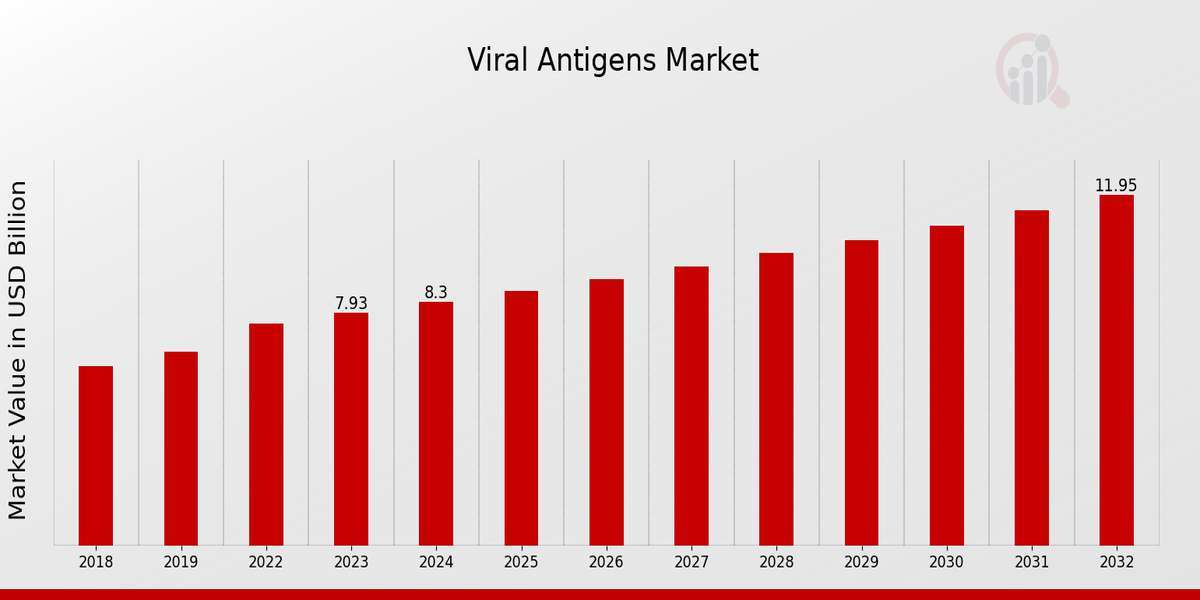Extended Producer Responsibility (EPR) is a critical concept in environmental management, which mandates manufacturers and importers of products to take responsibility for the disposal of their products once they are no longer in use. The EPR framework aims to reduce the environmental impact of products and packaging, particularly plastics, by shifting the responsibility of waste management from municipalities and government bodies to the producers themselves. In the context of plastic waste management, EPR registration is an essential step for producers, as it ensures compliance with government regulations and promotes sustainability.
What is EPR Registration for Plastic Waste Management?
EPR registration for plastic waste management is the process through which producers, including manufacturers, importers, and brand owners, formally register with the relevant government authorities to take on the responsibility of managing the plastic waste generated by their products. In India, this process is regulated by the Ministry of Environment, Forest, and Climate Change (MoEFCC), and producers must register under the Plastic Waste Management Rules (PWM Rules).This registration process ensures that producers are accountable for the collection, recycling, and disposal of plastic waste. It is a step towards achieving a circular economy where plastic waste is reused or recycled rather than being discarded as environmental pollution.
Importance of EPR in Plastic Waste Management
Plastic waste is one of the most pressing environmental issues worldwide, as it takes hundreds of years to decompose and is often discarded irresponsibly. Improper plastic waste disposal contributes to pollution in landfills, oceans, and water bodies, posing a threat to wildlife and human health.EPR registration helps address this issue by ensuring that producers take proactive measures to handle plastic waste responsibly. By collecting and recycling plastic waste, producers can reduce the environmental impact of their products and promote sustainability. Additionally, EPR registration fosters a sense of corporate responsibility, ensuring that businesses are held accountable for the lifecycle of their products, from production to disposal.
Benefits of EPR Registration for Plastic Waste Management
- Regulatory Compliance: One of the key benefits of EPR registration is that it ensures compliance with government regulations. In countries like India, the Plastic Waste Management Rules (PWM) require all producers of plastic products and packaging to register with the government and fulfill their responsibilities towards waste collection and recycling.
- Environmental Impact Reduction: Through EPR, producers contribute directly to reducing plastic waste, which is essential in managing plastic pollution. The waste collected through registered EPR systems is processed in a manner that minimizes its negative environmental impact. This could involve recycling, upcycling, or converting plastic waste into new products, reducing the demand for virgin plastic production and helping conserve natural resources.
- Improved Waste Collection and Recycling Infrastructure: When producers take responsibility for the waste they generate, it incentivizes the development of better waste management infrastructure. This includes the establishment of collection centers, recycling plants, and waste disposal mechanisms. By partnering with registered waste management companies or setting up their own facilities, producers can ensure that their plastic waste is properly handled.
The EPR Registration Process for Plastic Waste Management
- Registration Requirement: Producers, including brand owners and importers of plastic products and packaging, must register with the Central Pollution Control Board (CPCB) or their respective State Pollution Control Boards (SPCBs).
- Submission of Information: To register, producers must submit detailed information about the types and quantities of plastic products they manufacture or import. They must also outline the measures they will take to collect and recycle the plastic waste generated by these products.
- EPR Plan Submission: The producer must submit an EPR plan, detailing how they intend to manage the plastic waste generated by their products. The plan must include strategies for collection, recycling, or disposal, and must align with the government’s recycling targets and plastic waste management standards.
Challenges in EPR Registration for Plastic Waste Management
- Complexity and Bureaucracy: The registration process can be complex and time-consuming, especially for small and medium-sized enterprises (SMEs). Producers may find it challenging to comply with the detailed paperwork, submit accurate data, and coordinate with waste management partners.
- High Costs: Implementing a comprehensive EPR system involves costs for waste collection, transportation, recycling, and monitoring. Smaller businesses may struggle with the financial burden of these activities, which may hinder full compliance.
- Lack of Infrastructure: In some regions, the infrastructure for plastic waste collection and recycling may not be sufficient, making it difficult for producers to meet their EPR obligations. In such cases, producers may face challenges in ensuring that the plastic waste is properly processed and recycled.
Conclusion
EPR registration for plastic waste management is an essential tool in the fight against plastic pollution. By ensuring that producers take responsibility for the waste they generate, it promotes sustainability and helps reduce the environmental impact of plastic products. For businesses, registering for EPR is not only a legal obligation but also an opportunity to enhance their reputation, contribute to a circular economy, and meet growing consumer demand for eco-friendly practices. Although challenges exist, the long-term benefits of EPR registration far outweigh the initial hurdles, making it a vital step toward a cleaner, more sustainable future.



